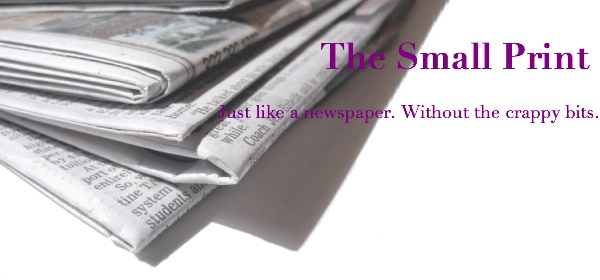Its official: Senator Barack Obama is the presumptive nominee for the Democratic Party to face the Republican senator John McCain in November. Campaign slogans are being brandished about, but with the economy the number one concern of American voters, what does it all mean? BONITA SILVA reports.
The brandishing about of optimistic concepts was central to Barack Obama's campaign against Hillary Clinton: “change we can believe in” and the power of “hope” were the sentiments on which his general rhetoric was based. But since securing the Democratic nomination for the upcoming presidential election, Obama has taken a different tact. Now embarking on his general election campaign, Obama has become more focussed, specific, and grounded in his direction.
On the 9th of June he delivered a speech on the economy in Raleigh, N.C. In this address to 900 invited guests, Obama sustained an attack on McCain's agenda, asserting that "we were promised a fiscal conservative. Instead, we got the most fiscally irresponsible administration in history. And now John McCain wants to give us another. Well, we've been there once, We're not going back."
This is the core accusation and argument from Obama. Voting for McCain will result in nothing but a continuation of Bush's policies, from Iraq to the economy.
According to a CNN poll released last week, the economy topped Iraq, healthcare, terrorism and immigration as the most significant issue on voter’s minds.
The Obama campaign has shown that it is well aware of the voter’s concerns. Opening his two-week tour of contested states, the focus on the ailing economy was evident. He spoke of the loss of jobs over five consecutive months; more than 320,000 since the beginning of 2008.
“The percentage of homes in foreclosure and late mortgage payments is the highest since the Great Depression. The price of oil has never been higher and set a record on Friday for the largest one-day spike in history,” he said during his address.
For him, the cause of the crisis of the American economy is clear: “We did not arrive at the doorstep of our current economic crisis by some accident of history. This was not an inevitable part of the business cycle that was beyond our power to avoid. It was the logical conclusion of a tired and misguided philosophy that has dominated Washington for far too long.”
He proposed his own strategies to combat the issue should he be elected. A $50 billion economic stimulus package (a special package of spending and tax measures to enhance economic activity), relief for homeowners who face foreclosure, tax cuts for middle-income families/retirees, and an expansion of unemployment benefits.
Speaking at the National Small Business Summit in Washington, McCain highlighted the different approaches to the economy by the two candidates.
"No matter which of us wins in November, there will be change in Washington. The question is, what kind of change? ... Will we enact the largest single tax increase since the Second World War, as my opponent proposes, or will we keep taxes low for families and employers? ... This election offers Americans a very distinct choice about what kind of change we will have."
Clearly, in terms of the economic policy spectrum, McCain and Obama are on polar ends. Where Obama asserts that government should level the playing field for the lower income families/workers, McCain is the ‘classic fiscal conservative’ who believes in lowering taxes by small government.
Accusations of continuing Bush’s policies are apparent in McCain’s support in making the Bush tax cuts of 2001 and 2003 permanent. He believes lower tax rates would boost the economy and increase savings.
Obama would keep the Bush tax cuts but has a slight variation which is aligned with his overall position on the economy. The tax cuts would no longer be in place for those Americans earning roughly $250,000 a year or more. Income taxes would also be abolished for seniors earning an annual income less than $50,000.
The Democratic candidate said, “My vision involves both a short-term plan to help working families who are struggling to keep up and a long-term agenda to make America competitive in a global economy.”
Though at this point, one thing is certain as the Republic candidate said, “We offer very different choices to the American people.”
Image: Tonx's Flickrstream
Thursday, June 19, 2008
Barack's In... Now What?
Labels:
economy,
McCain,
Obama,
Presidential election
Subscribe to:
Post Comments (Atom)









2 comments:
I don't really know anything about the economy, so all I can say is thank goodness I'm not in the US! I know the economy will go down (is going down) here, but hopefully not as hard. In the meantime, I'm going shopping! (See? I care about the important things in life)
I have an old man crush on him.
Post a Comment